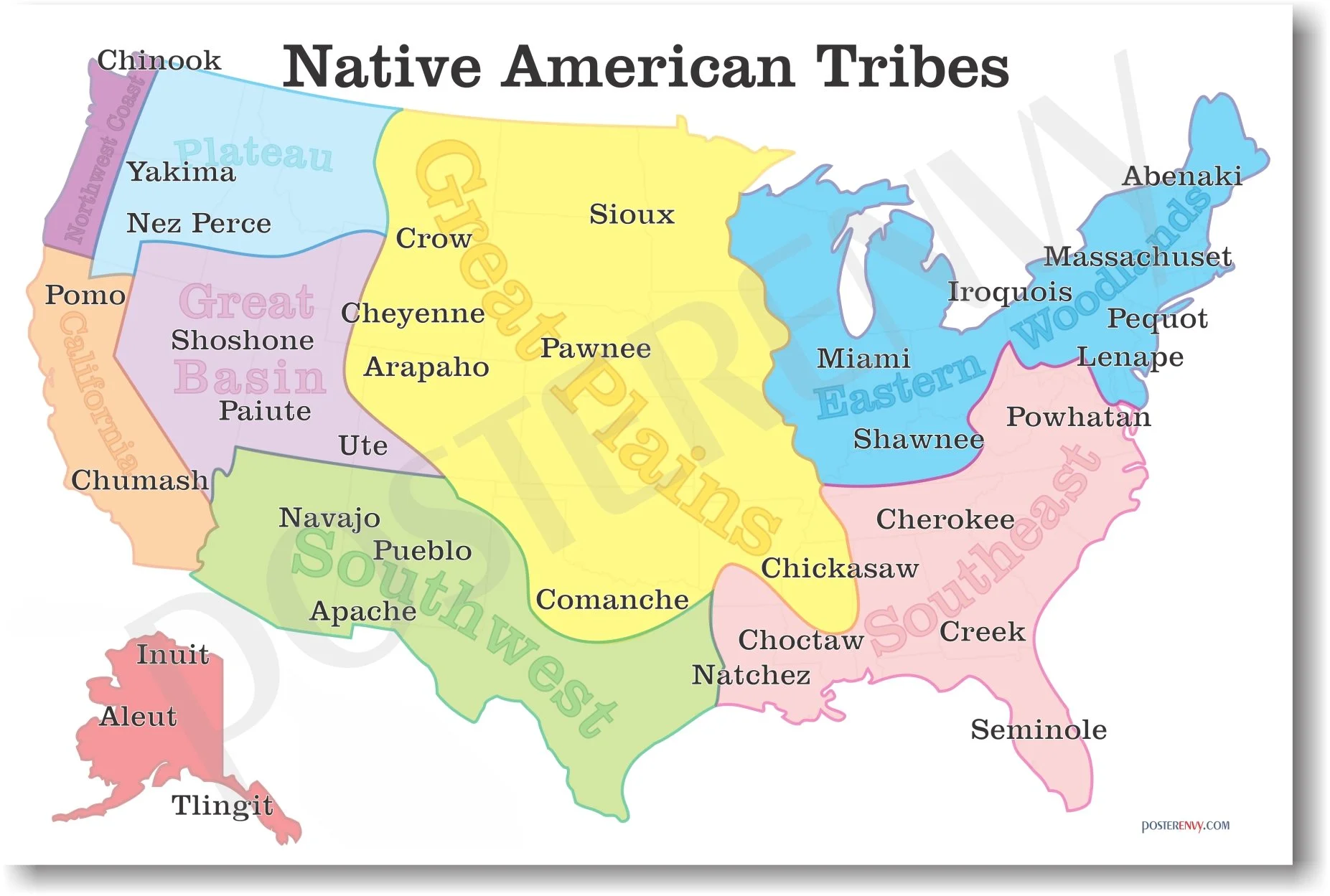You’ll end up with PTSD, divorced and homeless, but think of all the brown people you’ll get to kill in the name of our Lord and Savior, Walt Disney.
The GOP abandoned Disney. Never thought I’d see that. Maybe we can get sane copyright reform now.
Hello robot soilders.
Why does nobody wanna die no more 😭
As a veteran - at some point it starts to feel like it’s all about oil and colonialism.
This is quite old now, but it still works.
The myth is real LET’S EAT!
Ah well, soldiers haven’t fought for their country for decades. Instead they’ve been fighting for the interest of industrialized military, and the whims of politicians.
the american military-industrical complex is little more than a welfare/jobs program for americans with profits made overseas while at home were prostetlized that were ‘defending’ ourselves with overt patriotism
its absolutely revolting, and it boggles my mind how anyone in the military can find this a good thing for humanity.
Remember the video of the Iraq vet that was screaming at Bush to apologize in 2021 I think? He talked about all his friends being dead and a million Iraqis being dead all because of a bunch of lies. And while Iraq was one of the latest foreign failures, it was far from the only one. It just so happened to occur right around the same time the internet started connecting everyone. MSM couldn’t whitewash or ignore what was actually happening like it could a few decades prior.
I’d wager a good portion of Americans would rather literally go to war with other Americans than deploy to some foreign conflict.
I’d rather kill the ruling class than some other working-class soldiers.
Wars would end overnight if soldiers killed their ruling class instead of each other.
Isn’t the stat on “how long do empires last on average” about 250 years?
How old is the US again?
That is indeed the number floating around, citing some work I admittedly haven’t read by John Bagot Glubb.
Average lifespan does, however, make little sense as a metric. The Roman Empire is commonly understood to have lasted around 1500 years; you would need five extremely short-lived ten-year empires (I’m not sure that’s even possible) just in order to cancel out the effect of Rome down to an average in the mid-200s.
Then comes questions of measurement. When did Rome really fall? Did the Abbasid Caliphate last 770 years, or was it two different empires lasting 500 and 250 years? These things matter a lot when calculating averages.
It would make a lot more sense to speak of the median lifetime. And still it’s a wildly complicated thing to measure.
To run through the examples given by Glubb one by one:
Neo-Assyrian - 859 - 612, 247 years
Achaemenid Persia - 538 - 330, 208 years
Macedonian - 331 - 100, 231 years
Roman Republic - 260 - 27, 233 years
Roman Empire - 27 BCE - 180 CE, 207 years
Arab Empire - 634 - 880, 246 years
Mamluk Empire - 1250 - 1517, 267 years
Ottoman Empire - 1320 - 1570, 250 years
Spanish Empire - 1500 - 1750, 250 years
Romanov Russia - 1682 - 1916, 234 years
British Empire - 1700 - 1950, 250 years.Neo-Assyrian Empire
859 BCE marks the start of the reign of Shalmaneser III, by which point Shalmaneser’s two predecessors have already made Assyria the dominant power of the region. Perhaps it would be fair to place the date sometime in the previous reign, but I understand this one. 612 BCE is the fall of the capital Nineveh to a combined campaign of Babylonians and Medes. Fair choice.
Achaemenid Persia
550 BCE is Cyrus’ victory against the Medes, at which point he assumed control of the Medean empire. 538 BCE might have been chosen instead as the date of Cyrus’ defeat of the Babylonians, perhaps marking that as Persia removing its last challenge to hegemony. Not sure about this choice, but if we do take the earlier one it actually moves the empire’s span closer to 250 years. 330 BCE is when the Achaemenid capital fell to Alexander the Great.
Macedonian Empire
Now things get weird. 331 BCE is the battle of Gaugamela, which more or less marked Alexander’s defeat of Persia. Seems odd to pick a different marker for this and the end of Persia, but it’s only one year apart so whatever. The end date is a problem though. Alexander’s empire shattered within a few years of his death in 323 BCE. By 100 BCE Macedonia had already been a Roman province for 46 years. I’m honestly not sure of anything that happened in 100 BCE that might mark the death of the Macedonian empire. The Seleucid empire, one of the most powerful successors, had been more or less broken by the Parthians a few decades earlier, and the other big successor in Ptolemaic Egypt still had 70 years to go before Rome annexed it. Either way, Alexander’s empire broke in 323, lasting just 8 years, and if you include the Diadochi its either less than 200 or more than 300 depending on which you count.
Roman Republic
The author gives some attempt at justification for splitting the Romans in to two empires like this. I don’t think they’re very convincing, but let’s take him at his word. 260 BCE is the battle of Mylae, the first time Rome defeated Carthage at sea. It seems to me that if you’re going to mark Rome’s ascendancy to empire status by when it defeated Carthage then you should pick the victory in in the second Punic war. If the first one made Rome hegemon, there wouldn’t have been a second in which Hannibal tore up Italy for 15 years. Hannibal’s defeat in 202 BCE seems a better marker to me. 27 BCE is the proclamation of the Roman empire under Augustus. With Hannibal’s defeat as the starting point, it lasted 175 years.
Roman Empire
180 is the end of the period known as the “five good emperors”. The author writes: “It is true that the empire survived nominally for more than a century after this date, but it did so in constant confusion, rebellions, civil wars and barbarian invasions.” the western half of the empire would last for almost three hundred more years, and the eastern half for well over a thousand more, including reclaiming most of the western half under Justinian. Roman hegemony in Europe and north Africa would not be challenged for centuries and this date makes no sense at all.
Arab Empire
I think this is mashing up the Rashidun caliphate, Umayyad caliphate, and the Abbasid caliphate prior to the Anarchy at Samarra. This entire listing is ridiculous to call a single empire when he counts Rome as separate for the republic, the empire, the western empire, and the eastern empire.
Mamluk Empire
This one is fine, running from the mamluk overthrow of the Ayyubid sultanate to the Ottoman annexation of the Mamluk sultanate.
Ottoman Empire
Not sure why the author picked 1320 specifically, but the rise of the Ottomans isn’t well-recorded and it was around this date so it’s fine by me. The end date is utterly baffling though. In 1570, the Ottomans launched a war against basically every naval power in Europe, and they won it. How is that end of their power? They would, of course, survive until their defeat as a major power in the First World War for ~600 years.
Spanish Empire
Not sure why 1500 specifically was picked, but it’s roughly when Spain got a foothold in the Americas so okay. Nothing of particular significance happened in 1750 either, though, and it would be another 58 years before the wars of independence from its colonies started (and Spain’s defeat by Napoleon soon after). Spain’s “lifetime” as an empire should be over 300 years.
Romanov Russia
1682 is the start of Peter the Great’s reign, but he didn’t proclaim the empire until 1721 and he inherited the tsardom before it from family that had ruled it since 1613. Nothing special happened upon Peter’s accession itself. 1916 is one year early for the end of Russia as it collapsed in to civil war during the First World War, but one year isn’t much. Russia should be either 303 or 196 years depending on how you count it.
British Empire
Not sure why he picked 1700 as the start date when there’s the obvious 1707 as the actual creation of the kingdom of Great Britain. 1950 seems a fair date for the end of Britain as a leading world superpower though
All in all I don’t understand how this ever got popular when something as simple as the dates he gives for his foundational examples are so questionable. Never mind that he only uses examples from Europe and western Asia either. China and India, famously places with no large empires ever of course. How about Aksum, undisputed top dog of eastern Africa for 800 years?
Amazing write-up, thank you! I learned a lot from this.
And indeed, it seems like he started out with the number 250 and the British Empire in mind, and took it from there. Maybe an attempt for the Brits to feel better about themselves after the end of Empire.
Yea some of these are pretty cherry picked.
I mean “the Roman Empire” in the loosest term, from the beginning of Rome’s expansion out of Italy, to the fall of Constantinople in the east, was over 1700 years.
And the Ottoman Empire was still very much alive and threatening Europe into the 18th century before they began their terminal decline.
Yeah I’m not trynna make the world worse
They give us every reason not to, a country that doesnt care for its own is not worth fighting for.
Any country that is a threat to American sovereignty has nukes. We don’t use armies against those countries. Ergo, joining the army is not fighting for your countries freedom. So, asks recruits, what are we fighting for?
Which America? The US is so divided they should split into three separate countries.
I have a proposal…

Accepted.
However for this to work, we have to physically relocate Miami.
we have to physically
relocateremove Miami.Give it 25 years or so, and the sea will do it for free.
There’s an upside to everything
I, for one, welcome our new Sioux overlords.
Doesn’t feel like my country cares about me, so why would I die for it?
Eustice, who served 26 years in the Minnesota National Guard, noted that young adults were the military’s prime target for new recruits—currently Generation Z, or those born after 1997—and argued that growing up in the internet age had made them used to “immediate gratification.”
Oh look, another out of touch boomer. ItS tHoSe DaMn CeLlPhOnEs! Gen Z grew up watching America get involved in, then stay involved in, a deeply unpopular war. Gen Z grew up in an age where you can fact check someone on the spot and it makes it that much harder for recruiters to lie. They grew up in an age where half of the government is trying to drag the country backwards by any means.
I am in the military. I overheard my leadership talking with a woman who wanted to get out. When they asked her why she said it was because of the Roe V Wade decision. “Why would I fight for a country that won’t fight for me?” I don’t blame her.
I have a child who was born in 1999. The other thing men and women of that general age group has heard is “DON’T JOIN THE MILITARY” from their parents, starting at a young age.
Yeah. I was in the military, the Marines in fact. I will tell my two children don’t join the military, especially don’t join the Marines, and if you need to join the Air Force and work on AC units or some shit.
Everyone here suggesting joining the military means you’re going to combat is mistaken. When I was in a combat role, the number we always heard was 10% of people in the military are in combat ops jobs, and 10% of those people see actual combat. The military absolutely offers opportunities to learn a trade for folks who are in a tough spot, and you can make it work for you.
Everyone who says shits fucked now and the country is just billionaires, I’m totally on board. But if you’re some poor kid from Mississippi, being an engine mechanic in the Army might be your best shot at a decent life, and I wouldn’t begrudge anyone that.
A person saying kids don’t want to join the military because they’re too used to “instant gratification” is some of the most obnoxious shit I have ever heard lmao
If someone went up to me and said that, I’d tell them to go fuck themselves and leave, because fuck all of that.
Such edge
be nice to the blow highs
Killing brown people so the oligarchy can exploit their natural resources is not fighting for your country.
I don’t think it is that (it should be).
Unemployment is at historic lows and real wages are starting to grow again.
There plenty of alternatives that don’t involve risking your life.
This is the correct answer.















